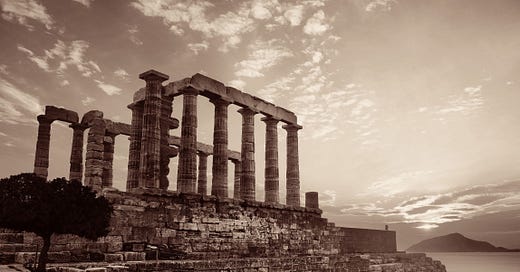Make no mistake; celebrities are still big business. They fill our box offices, break Netflix streaming records, and occasionally speak to extraterrestrials on our behalf. But celebrity culture as we know it— the belief that celebrities are just like us, but better — has been dead for awhile. In fact, it died on March 18, 2020.
On that day, during the …




